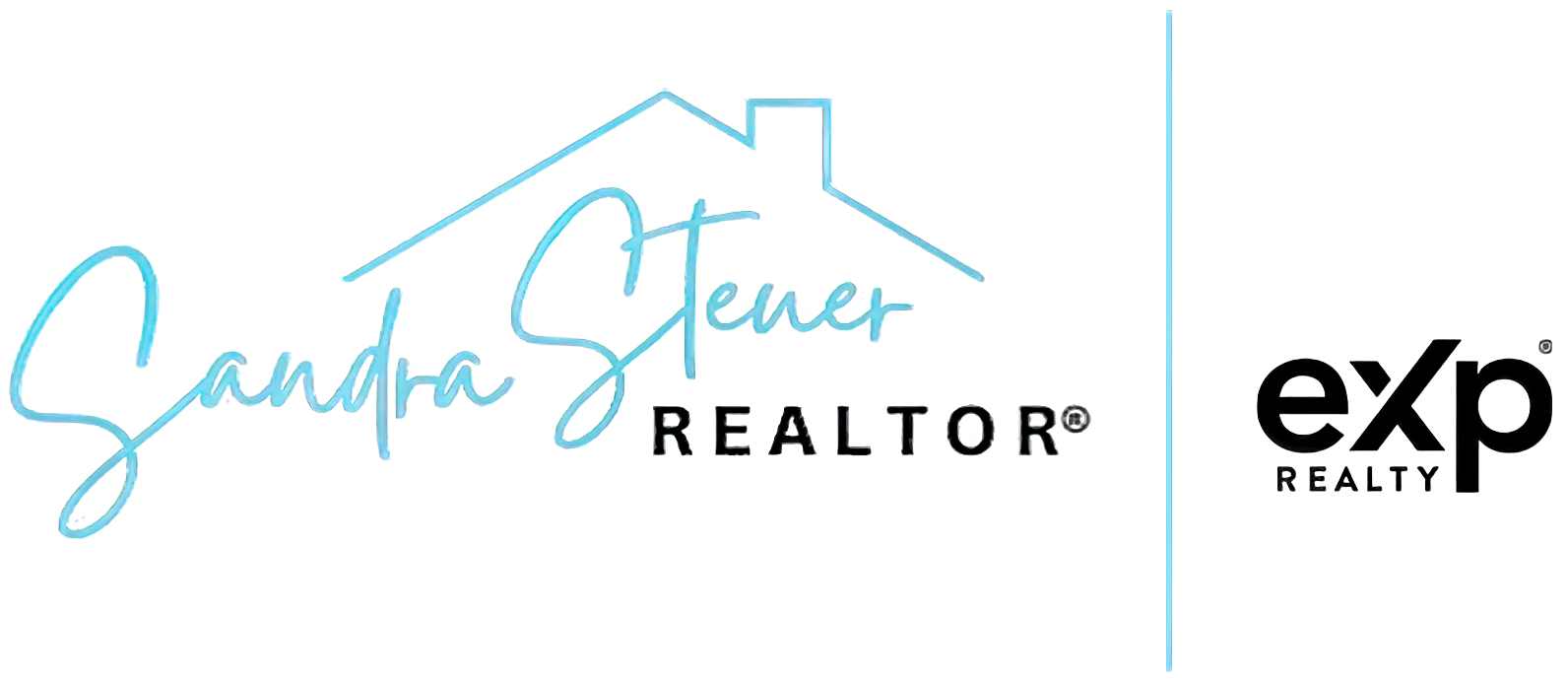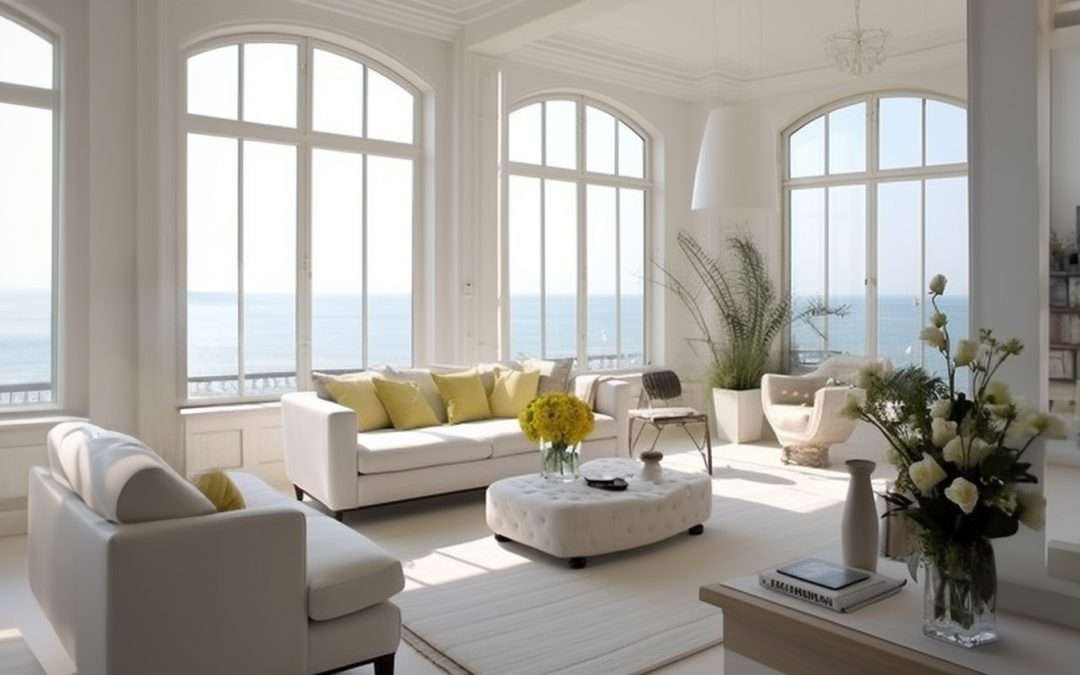Should I opt for an older or a newer house?
A common quandary many first-time property buyers grapple with is the age and state of the house they aspire to own. Should they go for a vintage property or a contemporary one? The answer hinges on various considerations. If you’re drawn to the allure of bygone architectures, the idea of acquiring an older dwelling and customizing it might appeal to you. The typically reduced buying price of older residences could further sweeten the deal. While rejuvenating an age-old property can be a fulfilling venture, it often comes with unforeseen expenses. Aged residences tend to harbor hidden issues, potentially demanding pricier fixes than their modern counterparts. However, it’s worth noting that even the newest of homes aren’t immune to troubles. No matter your choice, always ensure a thorough property evaluation before finalizing your purchase.
What amount should I set aside for a down payment?
For those embarking on their first home-buying journey, a key question revolves around the affordability of owning a house. A primary consideration in this regard is your financial situation.
Do you possess sufficient funds earmarked for an initial payment? What should be the size of this payment? This largely rests on the kind of mortgage you’re considering. For those in military service, there’s the option of a VA mortgage, which demands no upfront payment. For others, the FHA mortgage, another sought-after government-backed option, generally necessitates a 3.5% upfront payment. Standard mortgages, among the prevalent mortgage varieties, typically ask for a 10%-20% initial payment, though there are provisions allowing a meager 3%. The choice of mortgage hinges on your savings and the cumulative interest you’re comfortable paying over its duration.
Should I purchase or lease?
This question certainly ranks high on the list of frequently queried real estate topics on Google. Additionally, it’s a pressing concern many potential buyers grapple with. Traditionally, paying rent has often been equated to pouring money down the drain, essentially financing your landlord’s property investment. Yet, the buy vs. rent debate isn’t merely black and white. Your decision to buy or lease should be a calculated one. Do you have a significant amount earmarked for an initial payment? Is your job situation financially stable? Are you certain about staying put in a location for, say, three to five years? Are you up for the obligations of owning a property? By opting to purchase, you’re essentially investing in your future, building equity rather than merely settling a landlord’s mortgage.

